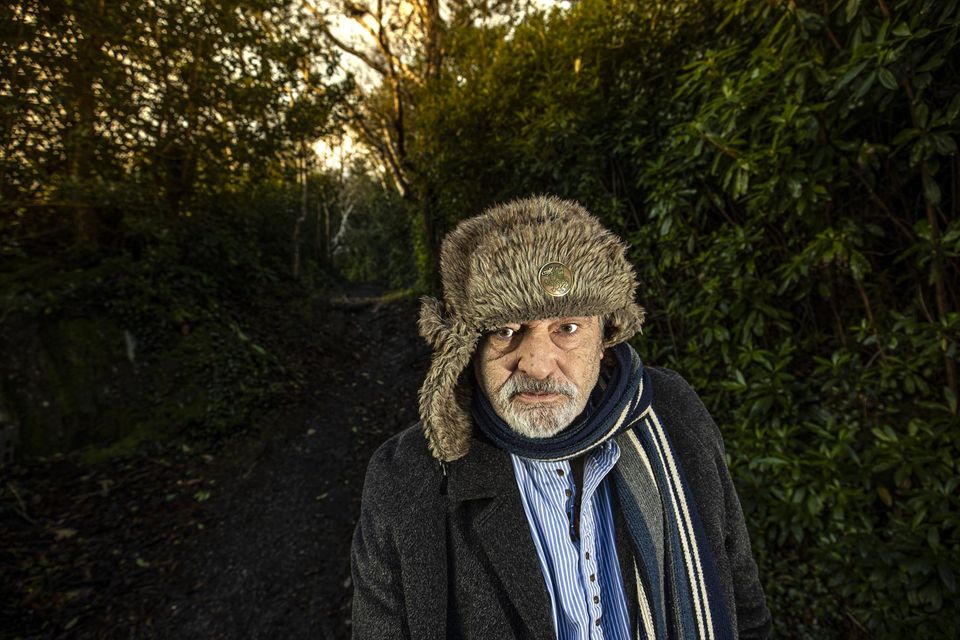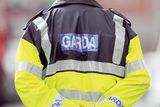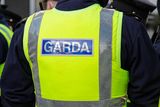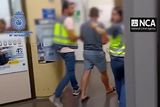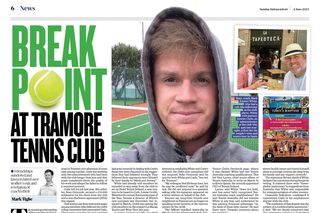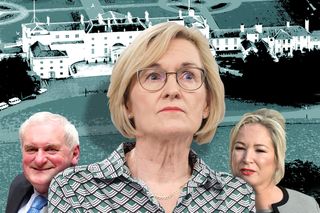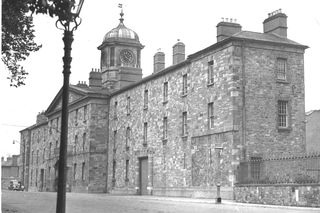Ian Bailey says he has yet to be contacted by gardaí in Sophie cold case review
File photo of Ian Bailey
FREELANCE journalist and poet Ian Bailey (66) claimed the failure to find the murderer of French film executive Sophie Toscan du Plantier (39) is "a dark stain" on the reputation of An Garda Siochana and insisted the case hinges on a mystery man seen with the mother-of-one in west Cork in the days before her killing.
"It is the greatest murder mystery in Ireland's history and the case, still open, is a dark stain on the otherwise good name of members of An Garda Síochana, the Irish police force," he said.
"At the time of this recording there is a (Garda) case review underway and I am waiting to assist in any way I can," he vowed.
Mr Bailey said the cold case review was partly triggered by him personally contacting the Garda Commissioner Drew Harris.
"I am offering my full co-operation to the re-investigation but, at the time of this recording, I have not been contacted."
"My hope and prayer is that the true identity of the killer can be established and, if not, at least it be acknowledged that I had nothing to do with this terrible crime."
Mr Bailey levelled the plea in his podcast series, 'Ian Bailey - In His Own Words,' the second episode of which is about to be released.
The Manchester-born poet was twice arrested by Gardaí for questioning in relation to the death of Ms du Plantier in 1997 and 1998.
He was released without charge on both occasions.
Mr Bailey has now claimed he was humiliated during his questioning, threatened with paramilitaries, stripped to his underpants and then given replacement clothing in black-and-tan colours.
"It was a definite tone of xenophobia - I remember one officer saying: 'Do you think an Englishman is going to come over here and get away with doing that? It was as though there was, like an historic xenophobic...I don't know. My head was reeling. My head was wrecked - I had a deep sense of fear, anxiety and apprehension."
"Over the 25 years plus I have become tired of reiterating my denial - but I will never cease to do so because I had nothing to do with this terrible crime."
Read more
Mr Bailey compared what he described as "the false narrative" in his case with those of the Birmingham Six and Guildford Four in the UK.
"There was a conspiracy to pervert the course of justice. Apparently there were originally 50-plus suspects including viable perpetrators, one of whom lived close to the victim and in January 1997 returned to his native Germany and left a suicide note for his brother saying he had done something so terrible he could no longer live with himself. The man then threw himself off a cliff - but he was never investigated."
The French mother-of-one was found brutally beaten to death on a laneway leading to her isolated holiday home at Toormore outside Schull in west Cork on December 23 1996.
She had apparently tried to flee from an intruder at her home but was caught and fatally assaulted when her clothing snagged on barbed wire.
Mr Bailey has always protested his innocence in relation to the crime.
After the failure to charge anyone in relation to the killing in Ireland, the French authorities launched their own eight year investigation having been provided with the full Garda case file.
In May 2019, Mr Bailey was tried in absentia before a Paris criminal court and was convicted of Ms du Plantier's murder.
A French magistrate imposed a 25 year prison sentence.
Over the past 13 years, the French have attempted to extradite Mr Bailey on three separate occasions - with the extradition bids rejected by the Irish courts on each occasion.
In the opening podcast episode, Mr Bailey insisted he was wrongly targeted over the past three decades.
"The entire subject of this podcast is one of false allegations," Mr Bailey said.
Mr Bailey claimed that a mystery man, wearing a French-style beret, was seen shadowing Ms du Plantier in the days before her death.
He said Ms du Plantier arrived in Ireland that December with the option of two return tickets to Paris - one on December 23 and a second for December 24.
Mr Bailey claimed that while Ms du Plantier was clearly travelling alone on the flight, she had a lot of luggage with her.
"She was observed on CCTV at Cork Airport where she hired a car and then made the two hour journey to west Cork."
"Subsequently she was reported to have stopped for petrol in the town of Skibbereen and the pump attendant...gave a very exact statement that she had a male passenger with her."
"This was the first of several unconfirmed sightings of an unidentified male."
Mr Bailey said it was "significant" that, after the Skibbereen petrol stop, there were no sightings of her with the male companion.
However, on the day before her death, there were sightings of a 5ft 8 inch man wearing a dark coat and a French-style beret.
"Significantly, Mrs Farrell (Marie Farrell - a School shopkeeper) was to report that at the time Ms du Plantier was in her shop she observed a man wearing a dark coat and a French-style beret across the road from her shop. She further said that this man, who was about 5ft 8 inches thereabouts, had subsequently followed the French visitor up the road to her parked car in Ardnamanagh."
However, the last known sightings of Ms du Plantier were in Crookhaven where she was alone and having tea - and later having a walk at the Three Castle Head.
"Ms du Plantier told friends that while at the ruined castle (reputedly haunted by a white lady), she had experienced a strong feeling of fear and apprehension."
"Around midnight, Ms du Plantier had twice called her husband in France at his family chateau at Ambax."
Mr Bailey said he had no inkling that when he agreed to work on the story on December 23 1996 for 'The Cork Examiner' it would change the course of his life.
He said he was "an old newshound" and had gone to the Toormore area including the local post office in a bid to obtain information on what had happened.
"The late postmistress...said she had heard of the death and knew the victim as Madam Sophie Bouniol and not du Plantier."
In the days after the murder, Mr Bailey said he worked as a freelance reporter on the case for a number of outlets but was perturbed by rumours about the case that were now swirling around west Cork.
"Rumours were beginning to fly like a flock of crows. What I did not know was that the rumours were based on a lie which was being deliberately circulated about myself and that I had been responsible for the crime."
Mr Bailey said he later voluntarily gave hair samples to the Gardaí as he knew he had nothing to hide.
"I had no principled objection and certainly no fear from giving the sample. Over the early weeks of January 1997 and into February I became the lead journalist on the story."
However, he said he was then targeted by the Gardaí and arrested on February 11 1997.
"I was targeted by An Garda Síochana, arrested, handcuffed, falsely accused and then publicly rebranded as the prime suspect."
"Little did I know at that particular moment that I was at the beginning of what was to become and still is a 26 year living nightmare."
He was later released without charge - and was released without charge again after his second arrest in 1998.
Mr Bailey said he was again the subject of false allegations, this time that he was seen washing wellington boots after the killing.
He also said that several people twisted his words and turned them into false admissions.
Subsequently, Mr Bailey said the Director of Public Prosecutions (DPP) rejected the Garda file on him as "thoroughly flawed and prejudiced."
"These are strong words - and he was right."
Mr Bailey said the third episode of his podcast will deal with a personal betrayal and the controversy over a Netflix documentary on the killing.
